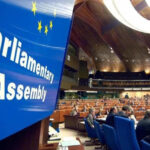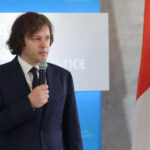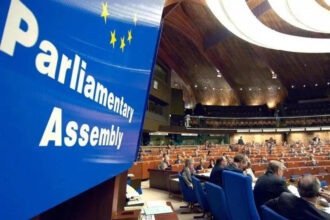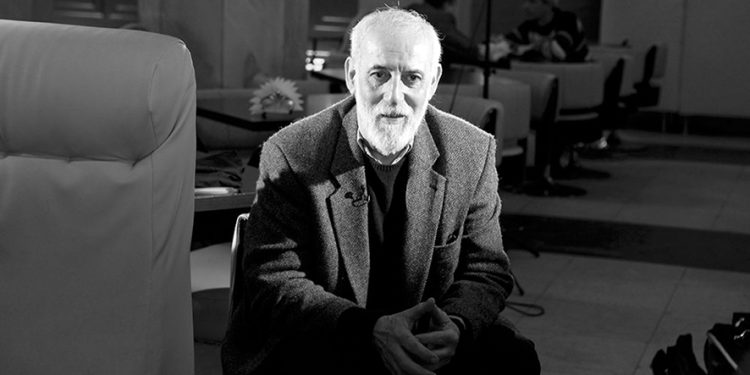Here’s a summary of the interview with Donald Rayfield, a British author and academic, by Vazha Tavberidze for RFE/RL:
**Georgia’s Political Leanings**
Rayfield notes that Georgia has been leaning towards Russia in recent years due to the country’s economic dependence on its neighbor. He suggests that this relationship was fine with Bush, but changed under Trump, who prioritized American interests over international relationships.
**Russia’s Influence**
He criticizes Western leaders for lacking the stomach to intervene in conflicts involving Russia and notes that the Caucasus region is no longer a priority for the US or EU. The situation is complicated by Putin‘s authoritarian leadership style, which Rayfield compares to Stalin’s regime.
**The Church’s Power**
Rayfield highlights the significant influence of the Orthodox Church on Georgian society, stating that many people in Georgia view their Patriarch as having a direct line to God and even Putin himself. He argues that this religious fervor hinders progress and modernization in the country.
**Georgia’s Strategic Worth**
In contrast to his earlier views on Georgia being “decorative,” Rayfield now believes that the country has strategic value due to its natural beauty, food, and welcoming culture. He thinks that it’s no longer just a pretty face but rather an appealing destination for tourists.
**Russia Under Putin**
He draws parallels between Putin’s leadership style and Stalin’s totalitarian regime, noting that both leaders are calculating and ruthless in their pursuit of power. However, Rayfield is skeptical about Russia’s ability to replicate the success of the Soviet Union under Putin, citing China as a more successful example of authoritarian governance.
**Advice for Georgia**
Rayfield recommends universal military training and charismatic leadership to help Georgia survive an aggressive Russia. He expresses doubts about Bidzina Ivanishvili’s leadership abilities in times of stress.
**Crimea’s Fate**
Finally, he predicts that Crimea will remain under Russian control, citing the West’s lack of stomach for intervention as a significant factor in this outcome.
Overall, Rayfield provides insightful commentary on Georgia’s complex relationships with Russia and the West, highlighting both the opportunities and challenges facing the country.













